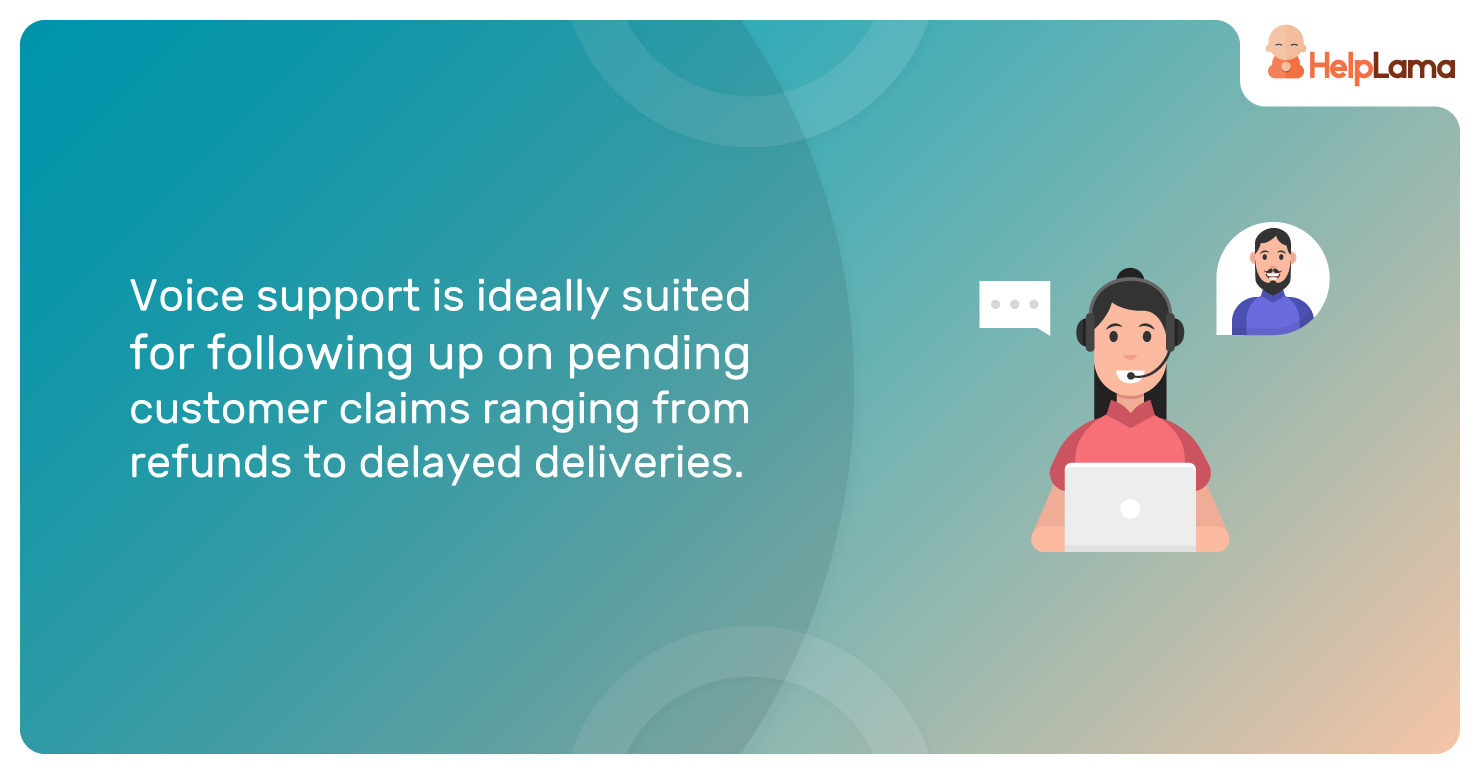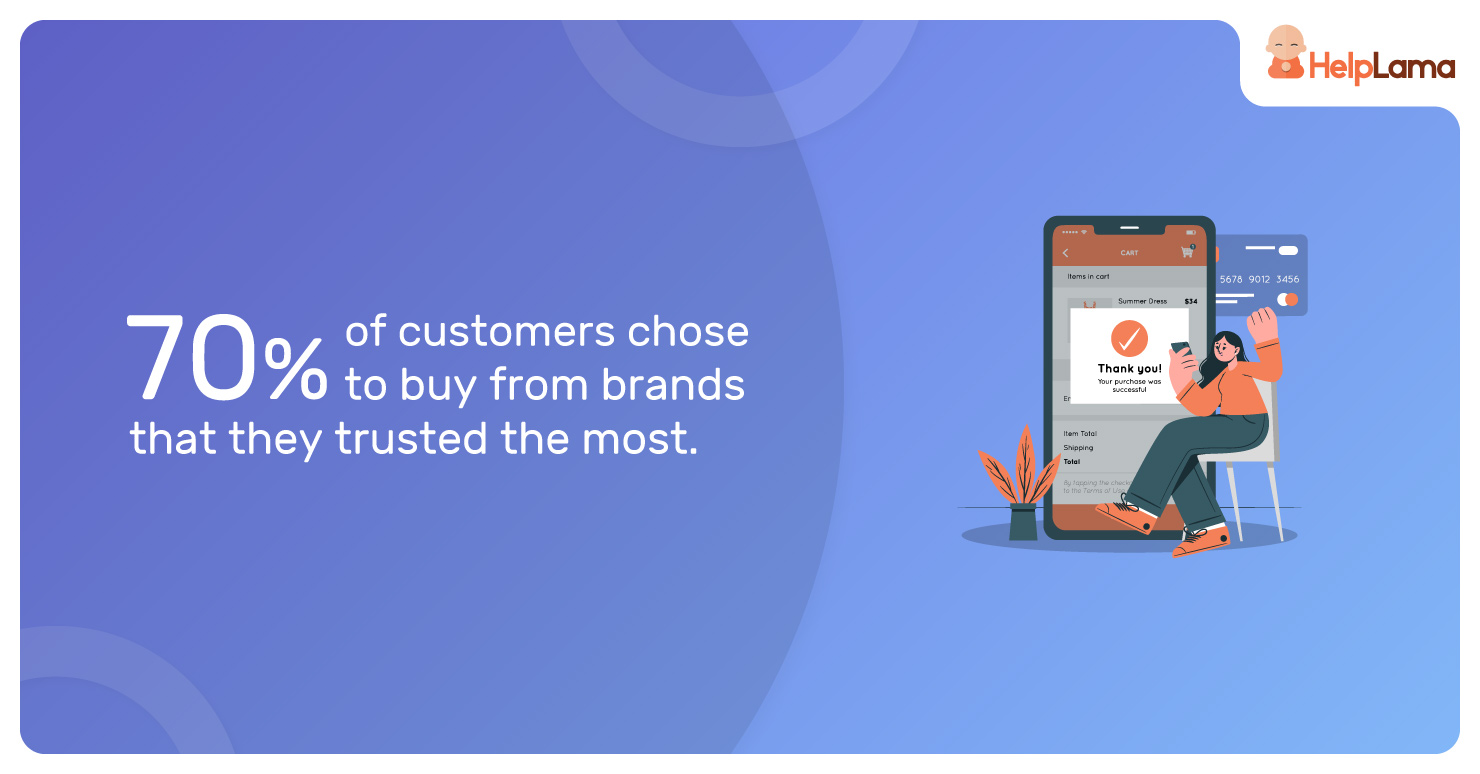Personalization of service and building a rapport with customers is a key priority for business leaders across the industries today. Survey after survey has revealed that customers want to be treated as human beings. Yet – despite their best intentions – companies sometimes tend to over-engineer their customer support channels which make navigating through them a fairly complex task for customers.
Understanding unique customer needs and proactively meeting them can enhance the customer experience tremendously. For this to happen, brands recognize the importance of building relationships with customers by striking a rapport with them on every interaction. In this context, the importance of the ‘human factor’ has not been diminished despite the latest technology-driven additions to the customer support mix.
There are many reasons for this. Human agents can intuitively understand the triggers that drive customer behavior and put those into context with existing and past requests to drive engagement. They can also leverage those to create opportunities for future sales and help you validate ideas for new products. Then, there is the trust factor.
From Millennials to Gen Xers, a quick chat with a ‘real person’ is a go-to choice when customers need reliable answers to their questions. When you consider that Millennials comprise the largest customer demographic in the United States as of 2019, the tremendous potential of voice support in creating positive business outcomes becomes clear.
Millions of years of evolution has conditioned consumers to trust only those who they think understand them. A study by PricewaterhouseCoopers found that 70% of customers chose to buy from brands that they trusted the most. When you put these two aspects together, it is easy to see that voice support is an indispensable part of building rapport with customers. Voice support can complement and enhance the overall effectiveness of your overall customer support operation.
5 Awesome Way Voice Support Can Help Your Business
For online e-commerce businesses, the typical customer contact reasons include questions about returns, product features, promotional offers, or delivery status updates. While the vast majority of e-commerce stores use website widgets and FAQ pages to address these questions, voice support can play a critical role for customers seeking reassurance.
Here are 5 proven ways to build rapport with customers using voice support:
1. Confirming information relating to product and process
From the customer’s perspective, an agent is an expert that has ready answers to all of his/her questions. Reading through user instructions or FAQs online can sometimes be overwhelming. On the other hand, an agent can quickly summarize a customer’s question, reassure them, and provide them with the most appropriate solution in minutes.
Asking an expert is seen as a better alternative, especially when a customer does not consider himself tech-savvy. Agents can quickly tailor their language to the level of comprehension of the customer they are speaking with. While intelligent IVRs do streamline call routing, a live agent can ‘authoritatively’ empathize and engage with a customer in a way no machine can.
2. De-escalation
More often than not, customers may demand to speak with ‘someone higher up’. The customer may be considering switching providers over a late order arrival, product damage, voucher complaints or even general advice on related parts and accessories. Tactful handling by an experienced rep may be the last opportunity for the company to avoid losing him/her.
In this situation, the ‘speak to an advisor’ option will always be preferred by customers to ensure that their concerns are heard and acted on. A skilled agent can greatly improve the odds of de-escalation by building a connection with the customer.
3. Follow-ups

4. Customer advocacy
Customer advocacy works in two ways. You can turn customers into brand advocates by exceeding their expectations every time they contact you. That’s a key focus area for online businesses today. Secondly, your customer support agents can also act as advocates between you and your customers. As they are constantly in touch with customers, customer support agents are ideally placed to identify opportunities for enhancing average order value by recommending complementary products that could be of interest to a customer.
This can help you turn early adopters into net promoters a.k.a. Customer Advocates in the long run. Therefore, internal customer advocacy can lead to external customer advocacy for brands.
5. Exclusive experience

The exclusivity factor can also help you re-engage lost customers. As they are familiar with your product, past customers are more than likely to come back to you, if you promised them exclusive support. More often than not, voice support will be the channel such customers will choose.
Last words
Customer expectations can change before you know it. This means that your customer support team is always playing catch up. Responding proactively to customer needs by building engaged relationships with them will always bring better results than looking at support as a ‘cost center’. With the right strategy, you can turn your customer support team into a ‘profit center’.
This is where Helplama has built up strong expertise over the years. Our ‘Customer Support As A Service’ philosophy can help you deliver consistent customer experiences in a sustainable manner. Our services are scalable on demand which means the risk for you is minimal! Contact us today to know more!



